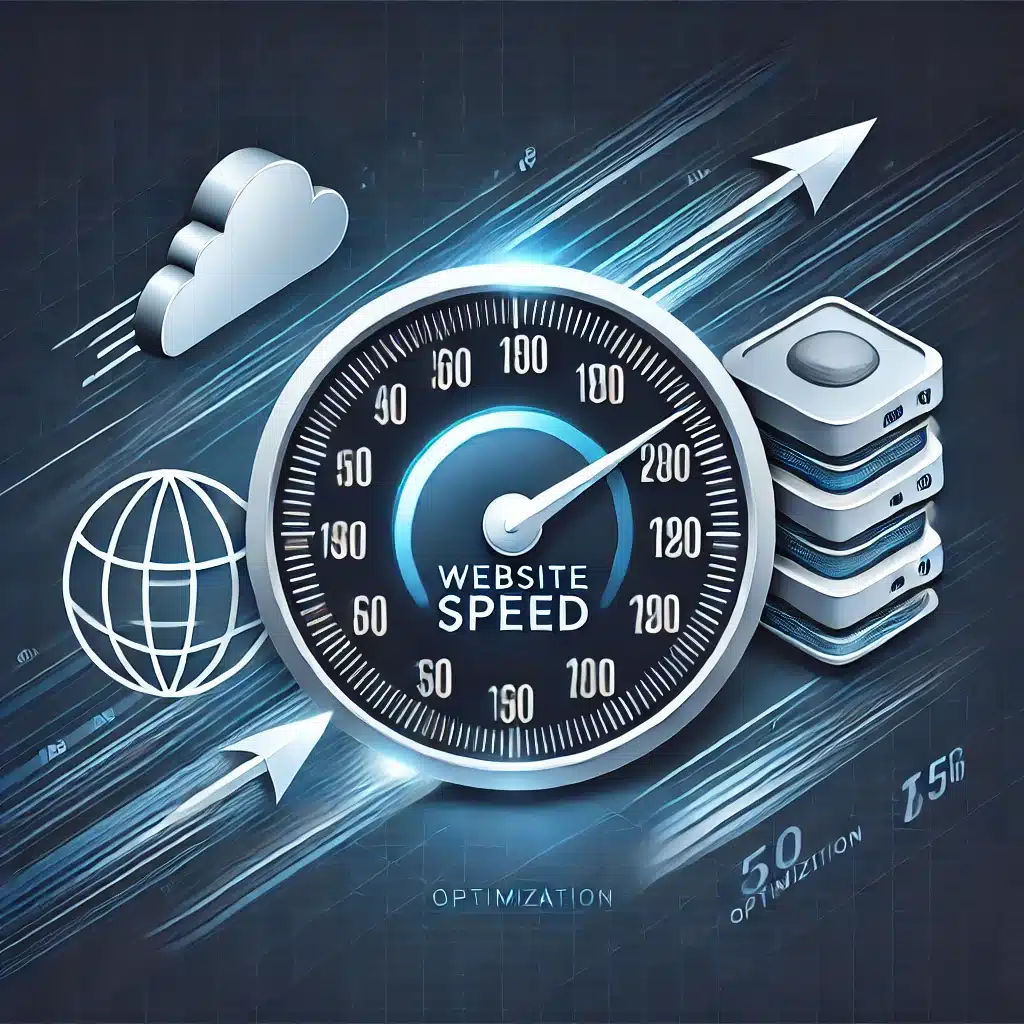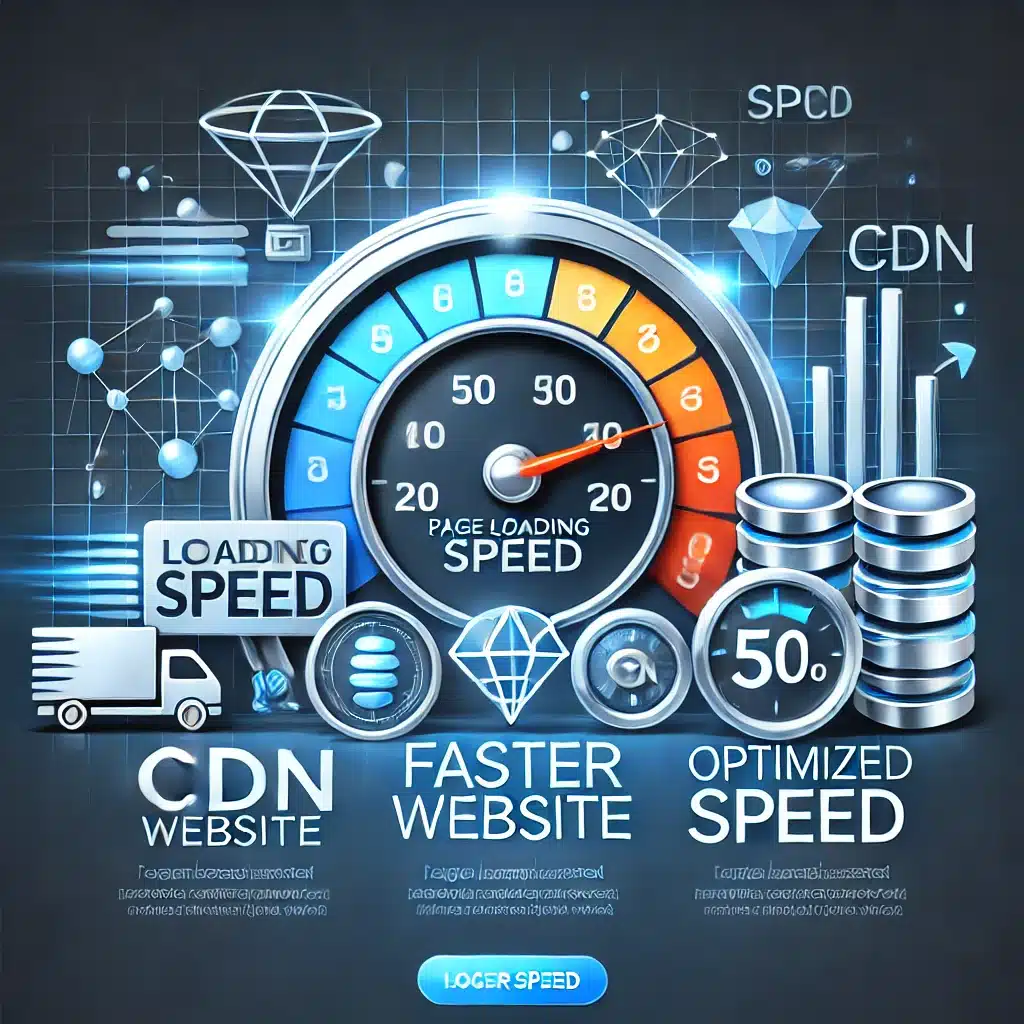Speed Matters: A Guide to Boosting Your Website's Page Loading Speed
Updated on January 18, 2025 by Tim Donahue

When a user comes to your website page, speed is everything.
Users expect websites to load instantly, and a slow-loading site can lead to frustration, abandonment, and lost revenue. Optimizing your website’s page loading speed is crucial for providing a positive user experience and improving your search engine rankings.
This guide will explore the key factors that affect page load times and provide actionable steps to boost your website’s performance.
Faster page loading speeds improve user experience, boost SEO, and increase conversions. This guide outlines key strategies for optimizing website performance.

The Importance of Page Loading Speed
Website speed directly impacts user experience and SEO. Slow-loading sites have higher bounce rates and lower conversion rates. Search engines also prioritize faster websites in their search results. Learn more about increasing website traffic.
- User Experience: Users expect websites to load quickly. Slow loading times lead to frustration and abandonment.
- SEO: Search engines consider page speed a ranking factor. Faster websites rank higher in search results.
- Conversion Rates: Faster loading times can lead to increased conversions and sales.
Key Factors Affecting Page Loading Speed
Several factors can contribute to slow page load times. Understanding these factors is crucial for effective optimization.
- Image Optimization: Large, unoptimized images are a major culprit of slow loading times. Optimizing images is crucial.
- Web Hosting: Your web host plays a significant role in your website’s performance. Choose a reliable host with fast servers.
- Content Delivery Networks (CDNs): CDNs store copies of your website’s files on servers around the world, allowing users to access your site from a server closer to them, reducing latency.
- Database Size and Slowdowns: A large or poorly optimized database can slow down your website.
- Code Optimization: Efficient code is essential for fast loading times. Minify CSS and JavaScript files to reduce their size.
Strategies for Increasing Page Loading Speed
Several techniques can be used to optimize your website’s performance.
- Start with Google Page Speed Insights: This free fast tool will help you understand where your website ranks regarding speed – and what’s slowing you down.
- Optimize Images: Compress images, use appropriate formats (WebP), and resize images to their display dimensions. Optimizilla is a good place to start. There are a lot of online image optimizing tools.
- Choose a Good Web Host: Select a reputable web host with fast servers and good uptime.
- Implement a CDN: Use a CDN to distribute your website’s content globally.
- Optimize Your Database: Regularly clean up your database and optimize its queries.
- Minify CSS and JavaScript: Reduce the size of your CSS and JavaScript files.
Optimizing your website’s page loading speed is an ongoing process. Regularly monitor your site’s performance and make necessary adjustments to ensure optimal speed and user experience.
